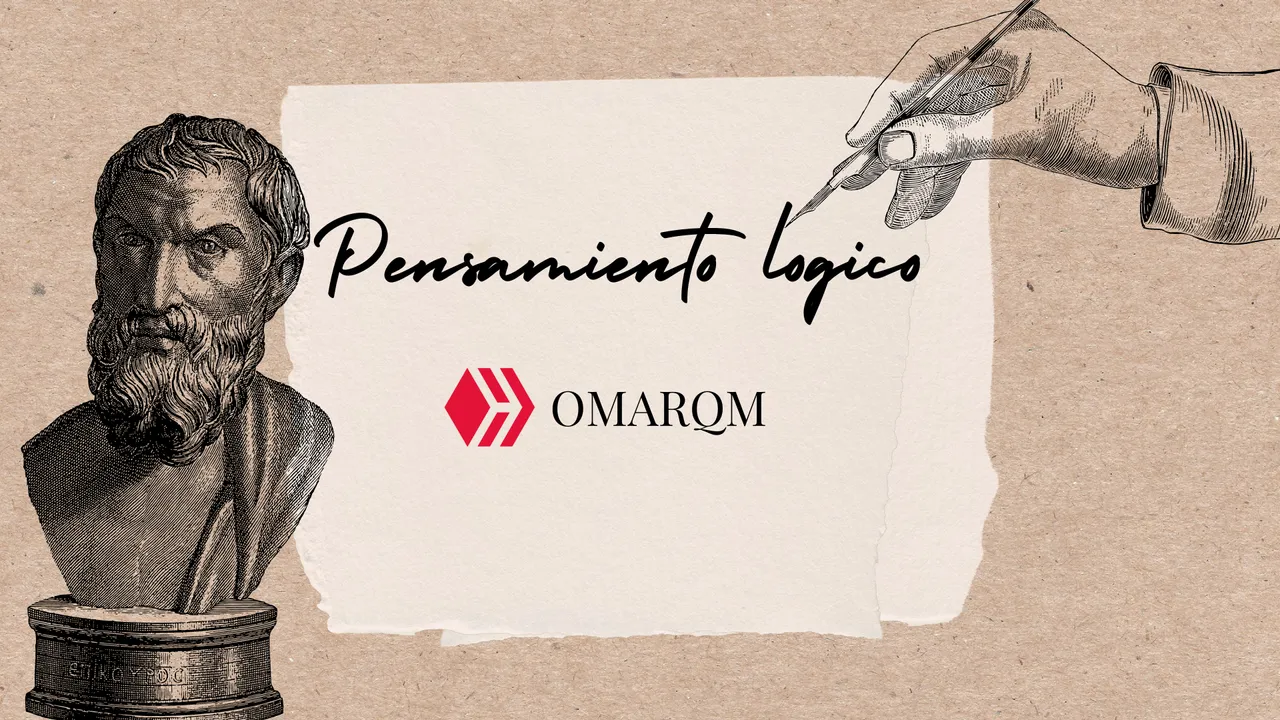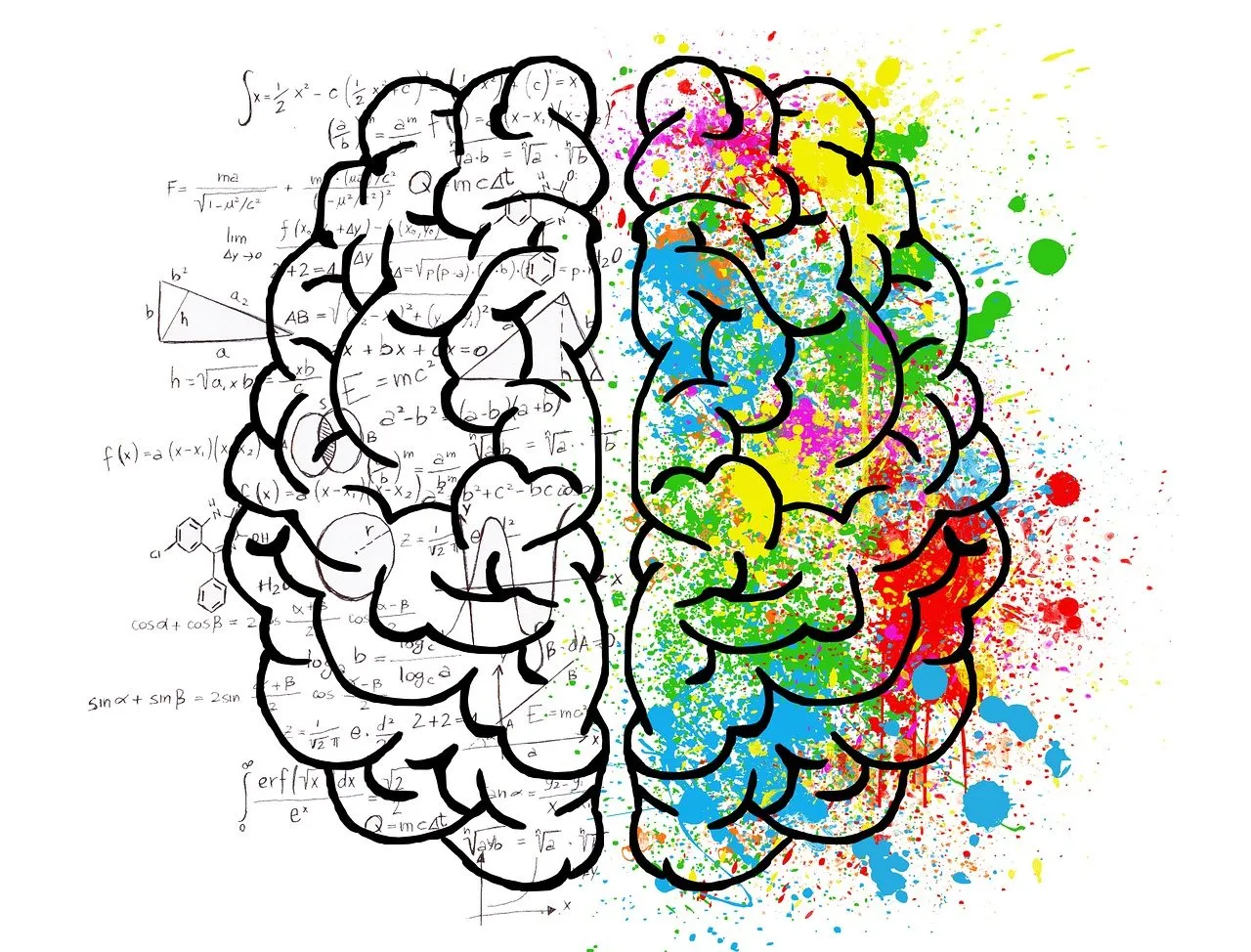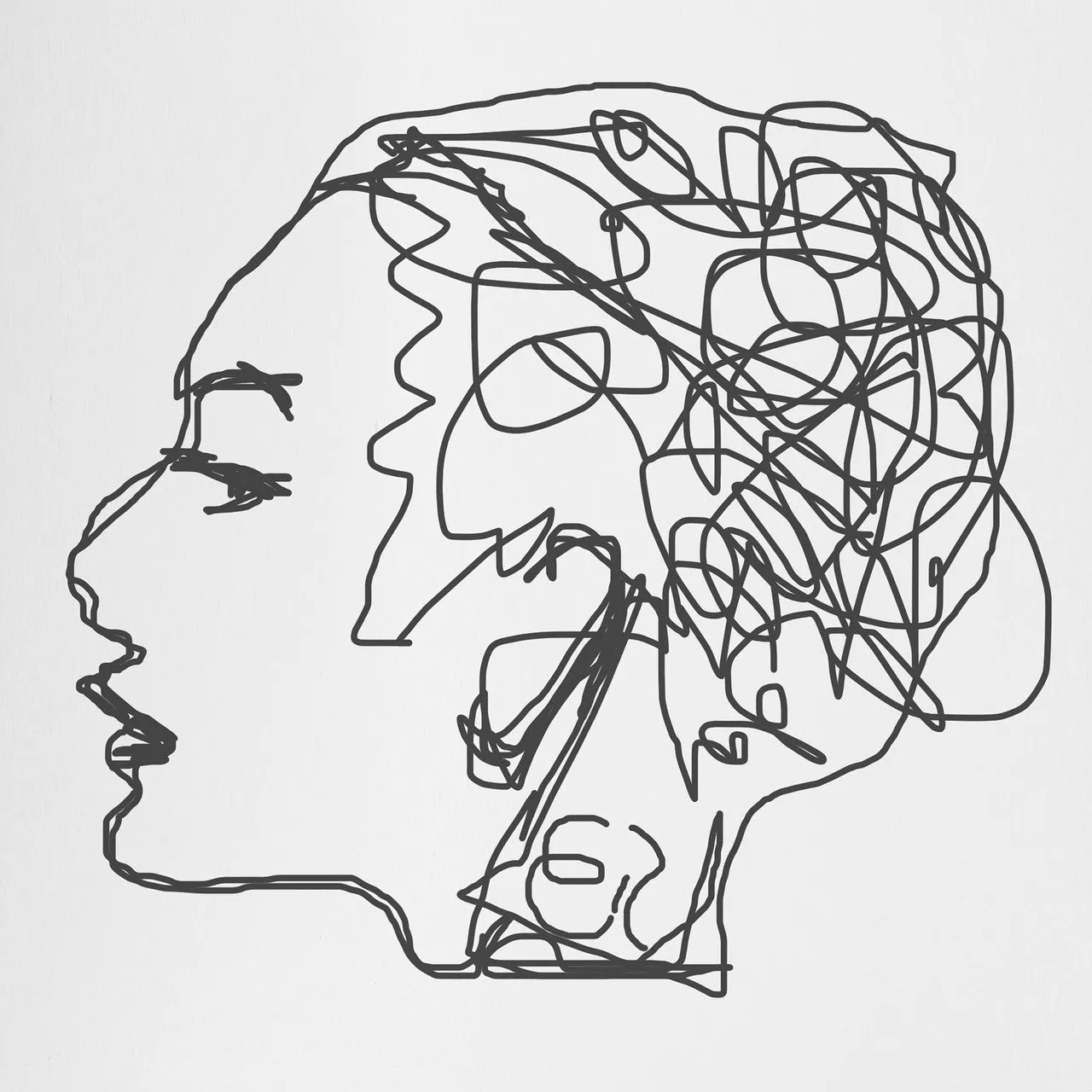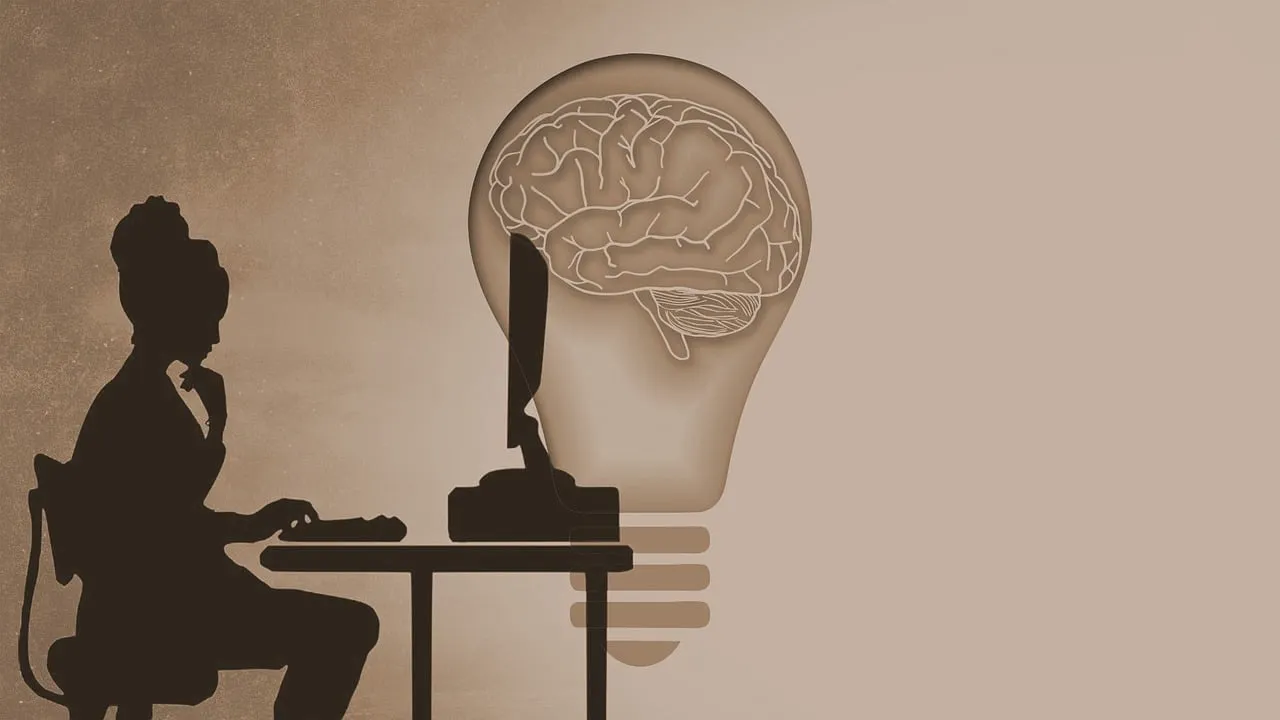To begin with I would like to thank my dear friend @mandysmoon for inviting me to this month's initiative and the community, the truth is that I had thought at some point to publish here too since I started in Hive last year but I still did not have the post thought until now. My name is Omar and I started in Hive 3 months ago and I have several posts in other communities of this wonderful platform, this time as the title of the initiative says I want to tell you about logical thinking, and I plan to develop it in the following way, starting first with the classic question of what is logical thinking? But in addition to that before walking you must learn to crawl so we will add two questions that will be What is thinking and what is logic? maintaining a sense of questioning as each concept developed is distilled.
I'll be honest, it's my first time making a post in a community where the focus is philosophical, although it is an area that I love and I like to immerse myself, it would be a lie if I say that I have a little bit of nerves hahaha, but well I will try to give my best contribution and I will wait for your comments and opinions at the end.

As I said at the beginning, we must learn to crawl before walking, sometimes saying or explaining a construct at first glance seems simple but if you do not analyze the words that compose it, it lends itself to limit its field of interpretation and the context or situation where it is applied, and it is something that happens very often, in my experience as a student of psychology when we define the word psychology and at once we start to say "it is a science....". Without stopping to think about what "psycho" means and the meaning it has had over time and the advances of today. So let's define what thinking is.
Thinking from a simple concept from psychology is defined as a cognitive or learning process that allows human beings to interpret and internalize what happens in their environment and in themselves. Going beyond this concept, thinking is a psychic activity that occurs in the mind of human beings, and is linked to extrinsic motivations, those that come from the environment or environment where the individual develops as a person and as a social agent, it means that even the social phenomena in which the individual is affected his way of thinking, and intrinsically, which are those internal motivations where we have endless philosophical, psychological, psychoanalytical theories that propose them but that most likely would be subject to personality.

Now taking into account what thinking is, that it is dynamic and has many directions, it is not reasonable or at least they are not synonymous because they would be a function or a totally different quality, which allows us to interpret, i.e. allows the user to make interpretations but this in turn is influenced by external and internal motivations, it gives us to understand that thinking is very objective and that depending on where it is located it will be its way of interpreting.
Pasemos a un concepto más complejo incluso para mí la Lógica es por ello que citare directamente de esta fuente no tan antigua el concepto:
La ciencia puede ser caracterizada como un sistema de proposiciones o conocimientos metódicamente establecidos y comprobados, conectados por relaciones de fundamentación y referentes a un dominio particular de objetos; la verdad de sus proposiciones se establece vía demostrativa o deductiva o bien a través de la experiencia. Aquellas ciencias que establecen la verdad de sus proposiciones mediante deducciones o demostraciones se denominan formales, abstractas o estructurales. Son las que tratan de los objetos abstractos, ideales o puramente intelectuales, tales como los números. La lógica formal y la matemática pura son ejemplos de estas ciencias (Lobo, 2018, p.05).
Let us move on to a more complex concept even for me, Logic, which is why I will quote the concept directly from this not so ancient source:
Science can be characterized as a system of propositions or knowledge methodically established and proven, connected by relations of foundation and referring to a particular domain of objects; the truth of its propositions is established via demonstrative or deductive or through experience. Those sciences that establish the truth of their propositions by means of deductions or demonstrations are called formal, abstract or structural. They are those that deal with abstract, ideal or purely intellectual objects, such as numbers. Formal logic and pure mathematics are examples of these sciences (Lobo, 2018, p.05).
We are given to understand that Logic is that process or methodical situation in which each theory, method, hypothesis, thought or investigation goes through, making sure that its results give what they supposedly state and that these are valid, truthful and repeatable, that 1+1 must give 2, that a square has 4 sides or four corners, that human beings are omnivorous and a long etc... Now, it makes me noise the fact that analyzing the characteristics of logic, they are somewhat opposite or at least different from what is the thoughts, while this is dynamic and subjective, logic seeks the reasoning of things including thought, which has a boom of validity to be taken into account and create laws that govern us according to that, as good and bad, what is logically is good and bad for one worth the redundancy.

Teniendo en cuenta esto, tratemos de armar ahora el concepto de “pensamiento lógico” dado a las características que tenemos. A esto también me basare en un concepto antemano:
De las definiciones mencionadas previamente, se puede concluir que el pensamiento lógico es el que le permite al hombre determinar la coherencia de algunos acontecimientos, lo cual implica descubrir los diversos factores que lo componen, conocer su estructura, la cual se debe ajustar a la realidad; este proceso le permitirá identificar las problemáticas que se presentan en su diario vivir y plantear posibles soluciones (Pachón et al..., 2016, p.224)
With this in mind, let us now try to put together the concept of "logical thinking" given the characteristics we have. To this I will also rely on a concept beforehand:
From the previously mentioned definitions, it can be concluded that logical thinking is the one that allows man to determine the coherence of some events, which implies discovering the various factors that compose it, knowing its structure, which must be adjusted to reality; this process will allow him to identify the problematic issues that arise in his daily life and to raise possible solutions (Pachón et al..., 2016, p.224)
From the quoted text we can then deduce that logical thinking is what I am applying and you also in associating, joining and coordinating each word with each sentence to generate a coherent writing and reading that allows us to communicate a message, isn't it? As the text said, it is the ability of the individual to scrutinize, deduce, intuit, know the phenomenon in front of him to give it coherence (the need of the human being to have an explanation) according to reality... Or to his reality. And why I emphasize this, because if we come with the definition that thought is dynamic, subjective and depends on internal and social factors, how does this not affect the logic used by the individual? Because otherwise it would cease to be logical or at least it would be only logical for the one who uses it, and it would not be objective but subjective, well they will tell me that for that there are laws or theories that govern, but my serious answer is that this arose from the same logical thinking that I am questioning, it would be to enter the same loop of questions.
Of course there are sciences, where logic and its thought, its laws are exact almost in most of the occasions like mathematics, but in other more social sciences, where the dynamism and the influences of other sources intervene, another type of thoughts predominates more than the logical thought, especially in those where human beings are involved, but in sciences of the approaches are towards objects but these have a human purpose, this can also affect and we end up in the same field of subjectivity.
To conclude, rescuing all that we have developed, I can say that logical thinking is logical depending on the context, the environment and who uses it and what it is used for, which makes an attempt to rationalize and shape the abstract of thought, but in turn this is involved by this, but to a large extent leads us to another source of thinking, such as critical thinking.

Well my dear Hive readers, thank you very much if you have come this far, I really enjoyed developing this kind of post and I hope to bring you more, any opinion or comment I will be happy to read you in the comments.
Arboleda, J. C. (2013). Hacia un nuevo concepto de pensamiento y comprensión. Boletín Virtual Redipe, 824, 6-14.
Pachón Alonso, L. A., Parada Sánchez, R. A., & Chaparro Cardozo, A. Z. (2016). El razonamiento como eje transversal en la construcción del pensamiento lógico. Praxis & Saber, 7(14), 219-243.
Lobo, C. (2017). PRINCIPIOS BÁSICOS DE LÓGICA. Universidad Nacional de Catamarca. http://www.editorial.unca.edu.ar/Publicacione%20on%20line/CUADERNOS%20DE%20CATEDRA/Catalina%20Lobo